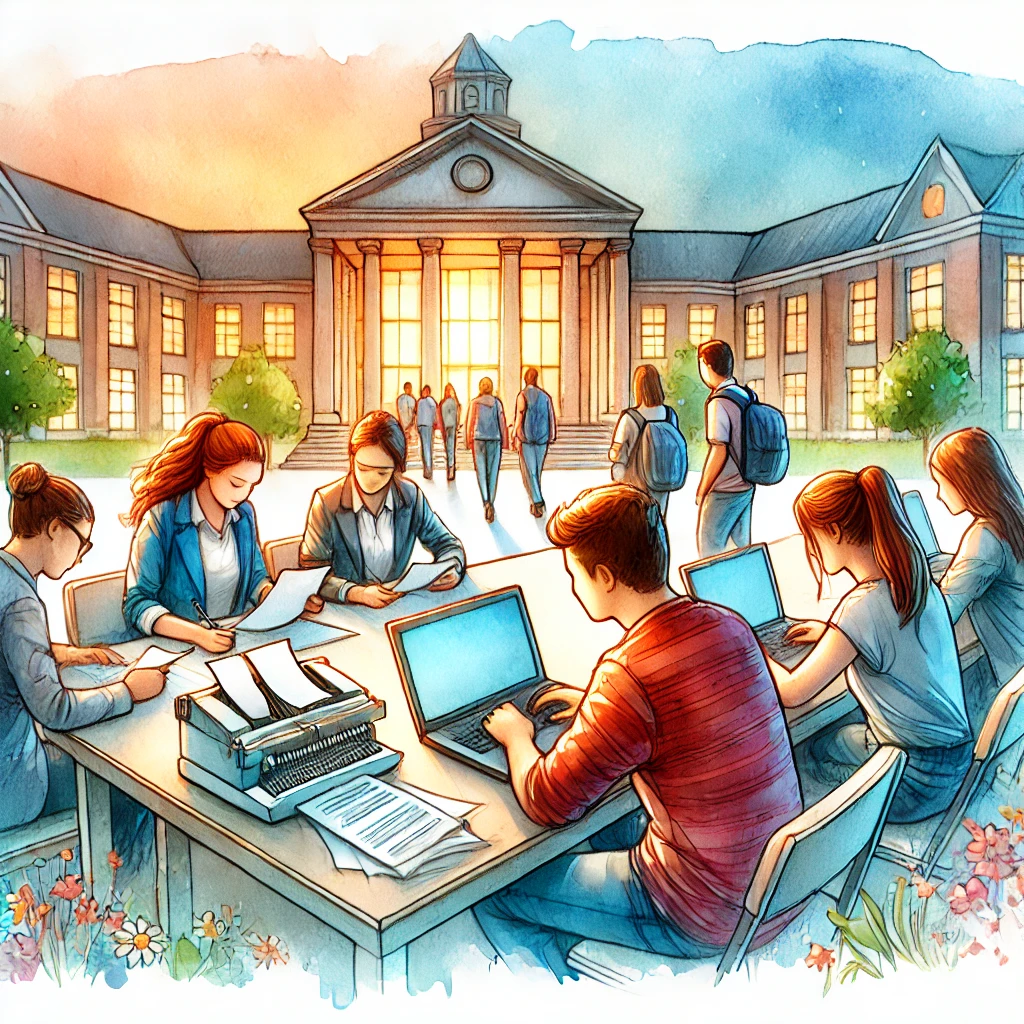The college admissions process has long been a topic of debate, with concerns about fairness, accessibility, and systemic bias. While higher education institutions aim to select the most qualified students, the current system often favors those with socioeconomic advantages. To ensure a more equitable process, reforms are necessary in key areas such as standardized testing, holistic admissions, and affirmative action.
The Problem with Standardized Testing
For decades, standardized tests like the SAT and ACT have played a crucial role in college admissions. However, these exams disproportionately benefit students from affluent backgrounds who can afford extensive test preparation. Studies indicate that students from families earning over $200,000 annually score significantly higher than those from low-income households (College Board, 2023). As a result, standardized tests often reflect privilege rather than academic potential.
A 2022 study by the National Center for Fair & Open Testing found that test-optional policies led to increased diversity in applicant pools, highlighting the need for colleges to reconsider their reliance on these exams.
The Shift to Holistic Admissions
Recognizing the limitations of test scores, many colleges have adopted holistic admissions, considering factors such as academic performance, extracurricular activities, personal statements, and life experiences. This approach allows institutions to evaluate students more comprehensively, ensuring that talented individuals from diverse backgrounds receive fair opportunities.
A study conducted by Georgetown University (2021) revealed that holistic admissions improve access for underrepresented students without compromising academic quality, further justifying the shift away from standardized testing.
The Role of Affirmative Action
Affirmative action policies have played a crucial role in increasing diversity within colleges by considering race and ethnicity in admissions decisions. These policies help address historical inequalities and provide opportunities for underrepresented students. However, recent legal challenges, such as the 2023 Supreme Court ruling against race-conscious admissions at Harvard and UNC, threaten to dismantle affirmative action, potentially reducing diversity at top institutions (The New York Times, 2023).
Addressing Legacy Admissions
Another significant concern is legacy admissions, where applicants related to alumni receive preferential treatment. This practice disproportionately benefits wealthy and predominantly white applicants, perpetuating inequalities in higher education. A 2022 study by the Education Trust found that eliminating legacy preferences would increase admissions opportunities for first-generation and low-income students. In response, universities like Johns Hopkins and Amherst College have already abolished legacy admissions to promote fairness.
The Path to a Fairer System
To create a more equitable admissions process, several key reforms should be considered:
- Reduce Reliance on Standardized Testing – Colleges should place greater emphasis on GPA, coursework rigor, and other holistic factors.
- Eliminate Legacy Admissions – Giving preferential treatment to children of alumni perpetuates inequality.
- Enhance Support for Underrepresented Students – Providing mentorship, resources, and guidance can help level the playing field.
- Increase Financial Aid Access – Expanding need-based scholarships can make higher education more accessible to disadvantaged students.
- Utilize Technology for Equitable Admissions – AI-driven application reviews can help reduce human bias in admissions decisions.
A Call to Action for Meaningful Change
The future of higher education depends on bold reforms that break down barriers and create real opportunities for all students, regardless of their background. Institutions must take decisive action to eliminate outdated, inequitable policies and replace them with strategies that prioritize merit, diversity, and accessibility. Stakeholders—including policymakers, educators, and students—must advocate for a system that reflects the values of fairness and equal opportunity.





